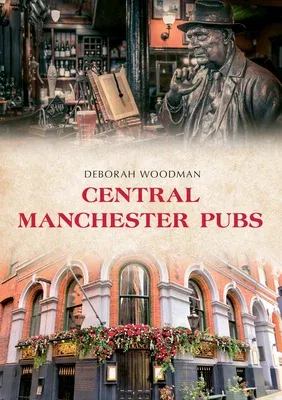Manchester is a modern and cosmopolitan city that is also home to a
range of old and traditional public houses. Many of these establishments
have retained their distinctive heritage, with some dating back to early
modern times and many having witnessed key moments in the city's
fascinating past. The nineteenth century in particular was a pivotal
time in Manchester's history, and middle- and working-class daily life
outside the factory was often centred around the inn, pub or alehouse.
One's 'local' was a focal point for sociability, a centre for
transportation, discussing politics, business transactions, and hosting
meetings. This was also a key time for legislation that impacted on
drink culture. The 1830 Beer Act and the arrival of the beerhouse
radically changed the nature of drinking in the city. Brewing giants
began to monopolise the industry by mopping up hostelries in an
ever-growing tied-house system, which affected the style and quality of
pubs, and these effects can often be seen in pubs that have survived
into modern times, mainly through their architecture and design. Despite
a current climate of pubs closing on a regular basis, the pub as an
institution constantly reinvents itself to survive and many of
Manchester's old-fashioned hostelries sit alongside modern offices and
apartments. In this book, author Deborah Woodman takes an engaging and
illuminating look at pubs in the city centre, which highlights a novel
aspect of Manchester's history. Featuring a superb selection of colour
and black and white images, Central Manchester Pubs will be of interest
to locals, visitors and all those with connections to this exciting
city.

